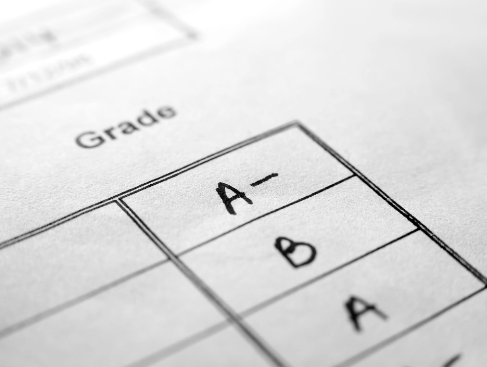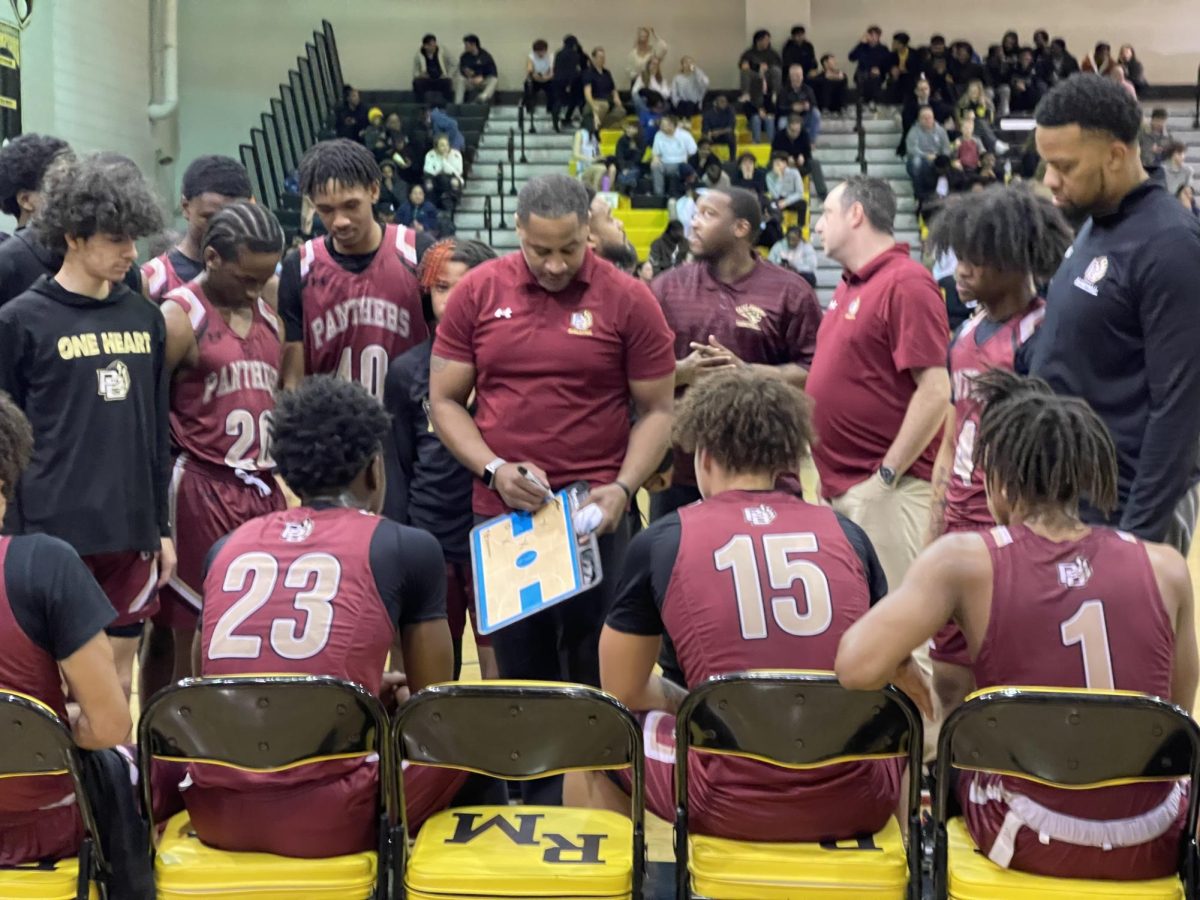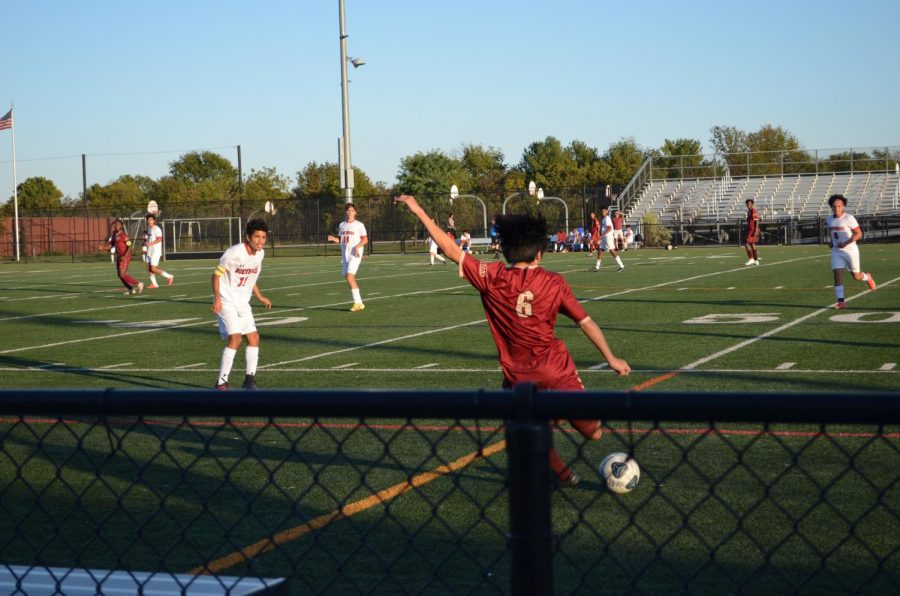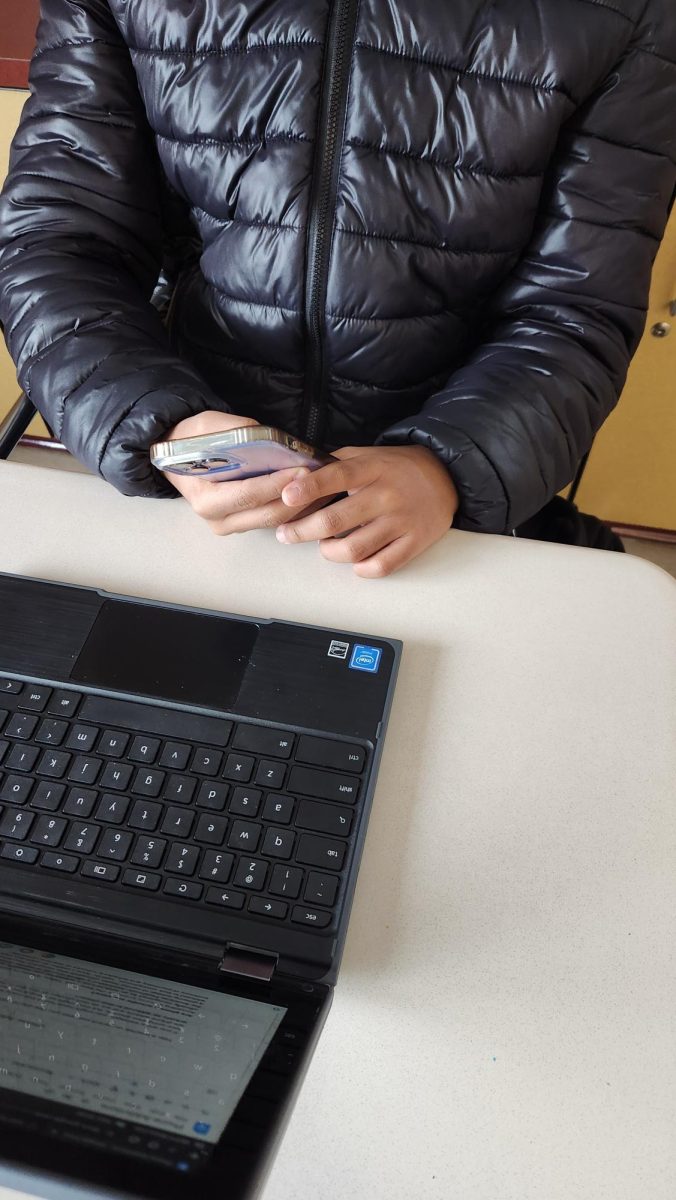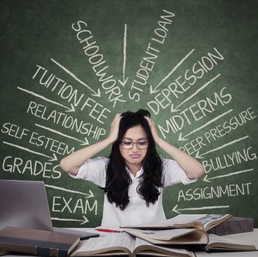Teaching Respect: It’s Time Students Took a Closer Look at How They Treat Their Teachers
April 11, 2019
Most youths our age do a great job of respecting each other. We generally refrain from asking invasive questions, riling each other up, and displaying attitude. We rant to friends when somebody else disrespects us, whether the insolence was actual or perceived, and our friends often pick our side.
However, many students forget or avoid the topic of students disrespecting teachers. I cannot tell whether this is because they do not know whom to defend, because of the strictly professional relationship between teachers and students, or because they themselves demonstrate such behaviors. Whatever the reason, this topic should not be avoided. It is necessary to bring awareness to the fruitless arguments that happen in this school building, even though they shouldn’t.
I have seen many types of improprieties that students demonstrate toward teachers, ranging from ordinary and ubiquitous acts such as being on the phone during instructional time, to more baffling ones like mocking a teacher’s voice to talk back at them. And, frankly, in many cases, other students either choose to be bystanders or side with their smug peers rather than the dismayed instructors.
Of course, there are reasons why a student might choose to be uncooperative to teachers. The student might believe that a teacher’s request is unreasonable. However, most teachers establish their classroom rules and procedures at the beginning of every new semester, and students should know better than to overstep those boundaries. Further, if students know how meticulous and stern a teacher can be when it comes to rules, they should also be able to recognize that compliance would be the better and more fitting option compared to defiance, regardless of whether or not they agree with said rules.
Another reason why a student might refuse to comply with a teacher’s instructions is because they believe a teacher has something personal against them – which, in my opinion, is something teachers do not have the time to deal with. If you ever find yourself thinking that a teacher has something against you, consider why he or she does and how he or she expresses it. Try to figure out your role in his or her perception of you. Teachers might be stricter toward disobedient or uncooperative students, for example, which results in an apparent increase in “nitpicking” toward said students. This extra attention is not from bias, but rather the need to get students who do not usually comply with instructions to be on the same page with everybody else.
In addition, mood might also play a role in how teachers express themselves. Everybody has “bad days,” but teachers, out of professionalism, are less likely to show that they are in a bad mood. What they cannot help doing, perhaps, is subconsciously raising their voices or being more uptight about things. However, while this may present a challenge for that teacher’s students from time-to-time, one important thing to remember is that he or she has little support for dealing with the issue at schools. While I have seen many teachers ask students if they would like to talk or visit their counselors when the students appear to be in a bad mood, there is no similar opportunity available for teachers. Teachers respect us and our tempers, and it’s only fair that we do the same in return.
Moreover, there might be misunderstandings in the way a student perceives a teacher’s behaviors. For instance, a student might be embarrassed and take offense when a teacher calls him or her out in class for, say, being on the phone. Yet, the teacher simply could have been trying to make sure that the student does not miss out on instruction.
Teachers are human beings, just like us. They have responsibilities and limits, and deserve to be treated with decency, respect, and maturity, just like anybody else does. Displaying unpleasantry in return to the unpleasantry you perceive from teachers would only worsen their day.
Politeness and respect, on the other hand, score way higher and can improve the esteem in which you are held by your peers and instructors. Make teachers’ lives easier, and they’ll do the same to yours.








